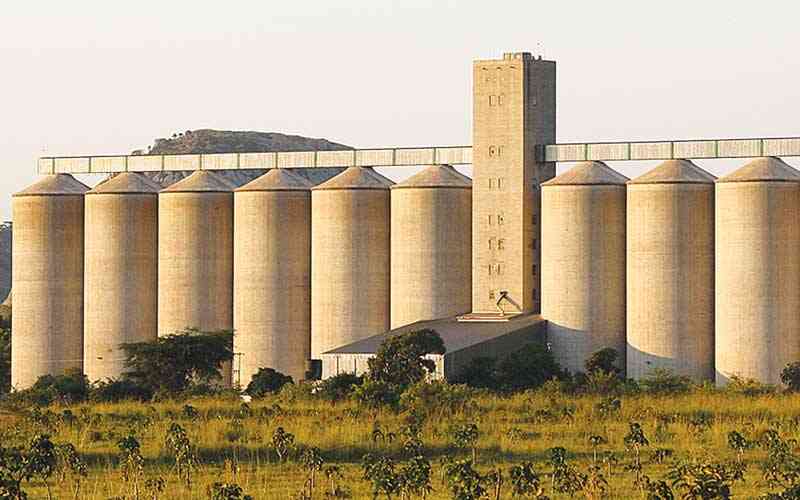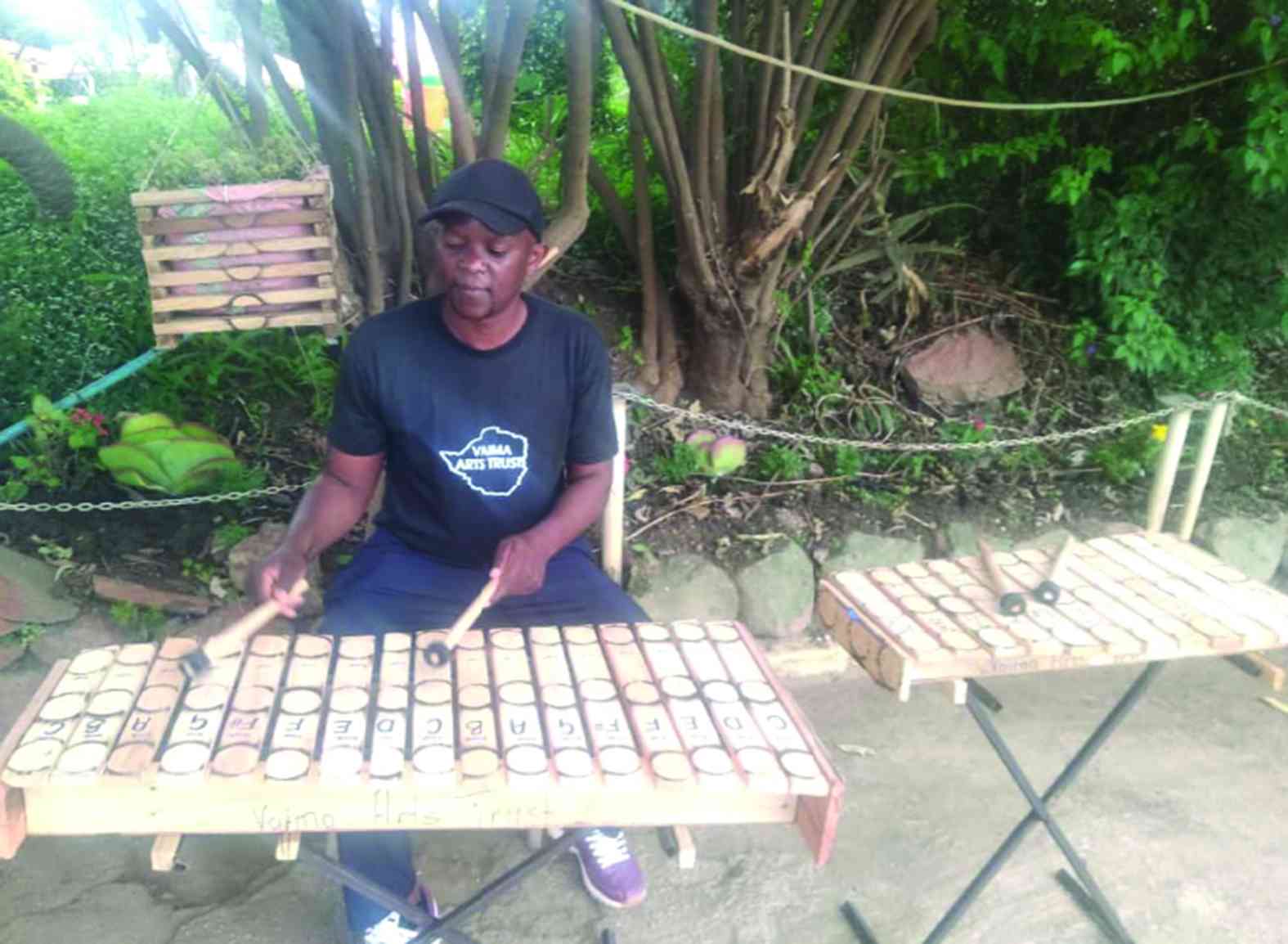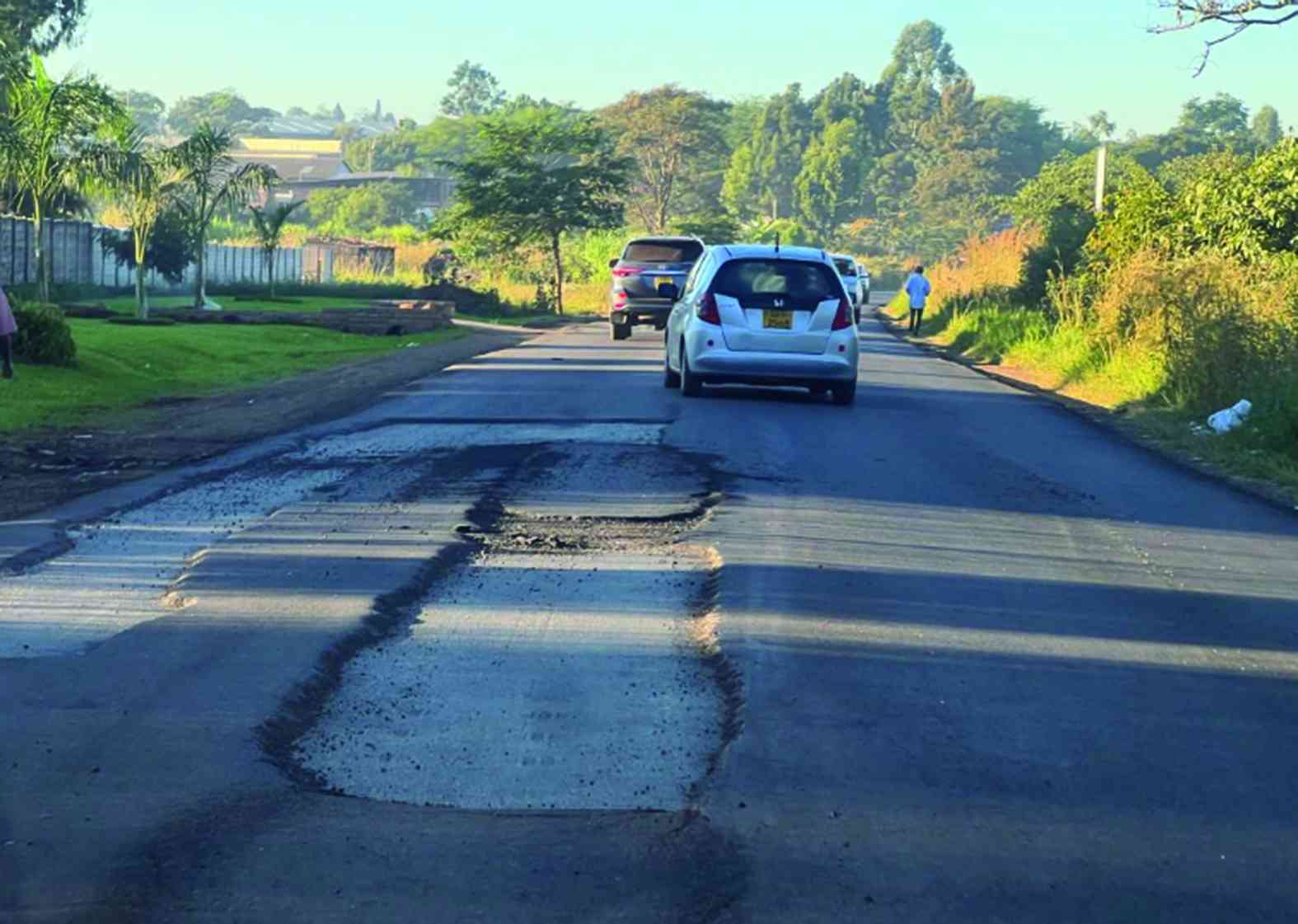
GOVERNMENT and private grain millers have assured us that there are enough staple maize stocks to avert possible hunger in the wake of the El Niño weather phenomenon which is threatening to wreak havoc across southern Africa where many farmers who largely dependent on rainfed agriculture are expecting poor harvests.
Normal to below normal rainfall has been predicted, meaning that chances of the staple maize crop surviving to produce a good harvest are slim, unless farmers irrigate their crop in areas where the rains will be below normal.
So it comes as extremely good news that we have enough maize to avert hunger among our people, especially the poor in both rural and urban areas.
We are, however, curious to know how much do we actually have in our stocks and how long it will last us, given that the possibility of the country registering poor harvests in the 2023/24 season is quite high.
It has, indeed, been a tough start to the summer cropping season for many farmers. Many planted with the first rains which fell around October/November last year, but much of what they planted wilted after rains took long to return to their fields. When rain finally returned, many of them failed to replant because they had exhausted their seed stocks and could not afford to buy more due to the tough economic downturn which is squeezing many pockets.
So we can safely say, in terms of maize, if we manage to harvest half of what we produced last year this will be most commendable, meaning that a serious maize shortage looms going into the 2024/25 cropping season.
We fear that the food insecurity situation, end of this year into next year, will be worse than what it is currently, whereby 2,7 million rural people are reportedly needing food assistance between now and April when the country expects to start harvesting its summer maize crop.
So, it can be argued that the next lean season, which is the period when food stocks from a previous harvest dry up, is going to visit us much earlier. This means that the little we will harvest this year will not last us very long into 2024.
We, therefore, urge government and those farmers with the financial wherewithal to consider planting an irrigated winter maize crop. This initiative was quite successful in the past, but the scale at with it was implemented was too small to make meaningful impact.
Our government can, as usual, avail its handy input scheme which we believe will go a long way in encouraging farmers with water resources and irrigation infrastructure to join the winter maize programme.
While farmers have been urged to plant small grains, it is naïve to assume that Zimbabweans will immediately want to substitute maize meal for the small grains meal. Also suggestions that the country’s population should diversity their food basket and depend less on maize meal are welcome, but the fact of the matter remains that Zimbabweans love their sadza. Period.
It, thus, needs no rocket science to drive home the glaring fact that this indigenous food made from maize meal will not disappear from our food baskets any time soon; so serious effort must be exerted to make sure we produce our staple maize crop off season, hence the call for a massive winter maize programme.
And we should start preparing pronto.











